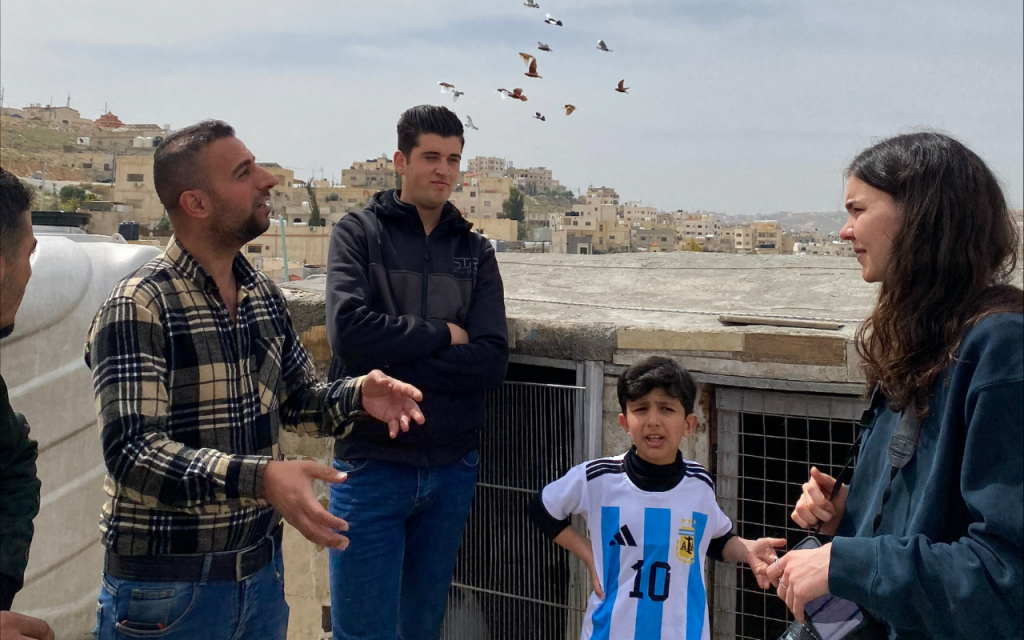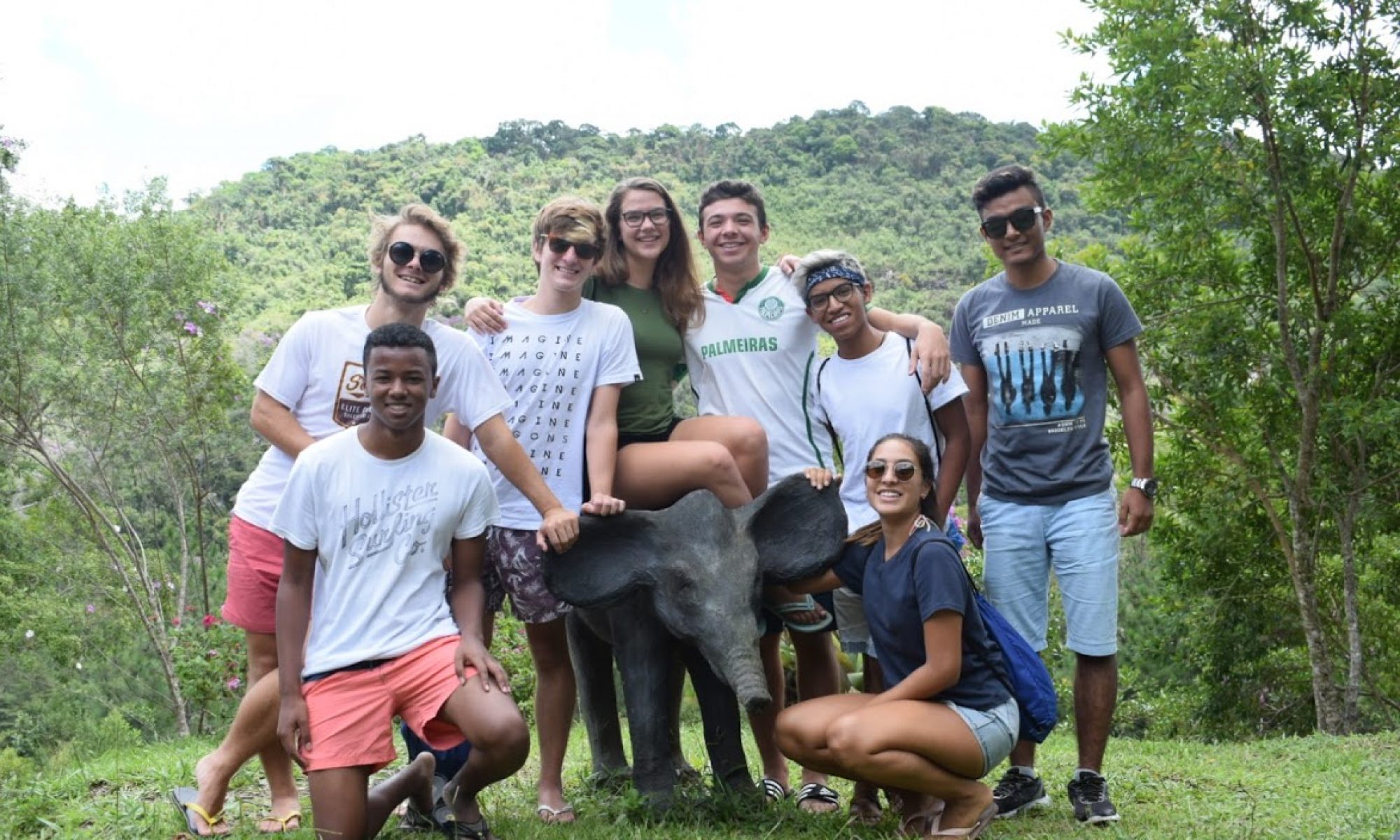
By: Carolina Hidalgo-McCabe
When I tell people what I’m researching here in Jordan there’s always some element of shock. In the US, people wondered how pigeons could be so important to fly halfway across the world to research. In Jordan, people often react with shock that an American is here to learn more about كش الحمام (pigeon keeping and breeding). Amongst the men I met today from the Gaza Jerash refugee camp and Zarqa, two cities about an hour from Amman, pigeon keeping is full of beauty and tension.
This morning, I met Omar, a driver who took Sofia and I around today, visiting family and friends who shared with us their love of pigeon keeping. كش الحمام is an ancient tradition that is practiced in many parts of the Middle East, including Yemen, Syria, Lebanon, and Egypt. Today, many men across Jordan, old and young, partake in the practice, contending with tradition and modernity. For some, especially those who don’t partake in it, كش الحمام is haram or forbidden in Islam. For others, it’s a hobby that brings community together, across rooftops.
We began by visiting Ali and Mohammed, young men who learned to take care of pigeons from their fathers. A friend of Omar, who joined us, shared that he considers it easier to give love to your pigeons than your children and that often, himself included, men love their pigeons more than their children. This is central to the storytelling I’m doing, where I’m focusing on the intersection of competition and care in masculinity. Pigeons are fragile and beautiful birds. They require significant care, and many men are willing to put the time and energy into this care, which happens on the leftover space of the domestic sphere: rooftops.
We watched Ali’s pigeons fly in circles above us as Omar’s friend shows me a pigeon auction happening on Facebook. Modernity and tradition. Pigeon keeping is changing because of social media, especially Facebook. This is allowing pigeon breeders and keepers to share their pigeons with the world. He says pigeons are like an addiction. It’s in his blood.
After descending the rooftop, we wind through the mountains of Zarqa to the Sooq Al Hammam, pigeon market, and converse with shop owners who share with us the peace that they feel when they watch their pigeons fly around them. It helps them relax after a long day. They look forward to going home, sitting on their rooftops with their friends, smoking argileh, and sipping on tea as their pigeons circle them.
Between pigeon visits we took a mansaf break (the national dish of Jordan) which we ate with our hands and spoons. Omar, his son, and friend continuously poured jameed over our parts of the communal dish and served us more and more lamb until it was impossible to keep eating. The hospitality is indescribable.
Stomachs full, we made our way to the Gaza camp in Jerash, where historically refugees from Gaza built new homes. It’s starkly different from Amman, with buildings made from materials that should have been temporary but have become permanent. Sheikh Mousa brings us up to his rooftop where he doesn’t fly his pigeons, and strictly breeds them. There are hundreds of pigeons of all types. To him, flying pigeons in a competitive way through كشالحمام is haram. As we sip sage tea and Arabic coffee, he shares with us the details of his job, selling and breeding pigeons. His dream is to have people from all over the world come buy his pigeons.
Over the course of the day, it was clear that there’s no one story when it comes to pigeon keeping in Jordan. It’s full of contradictions, not only in the way masculinity is performed on the rooftops, but also in how those who partake in the pastime perceive their own tradition. What’s clear, is that pigeon breeding and keeping is shaping the relations between and social perceptions of many men in Jordan today, and I’m so grateful for the many Jordanians who shared their homes, rooftops, and stories with me today.
